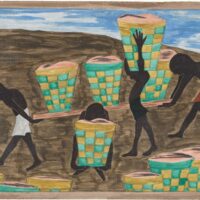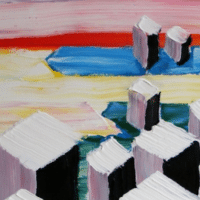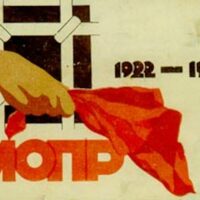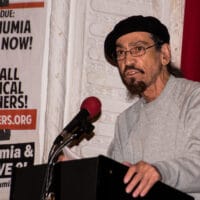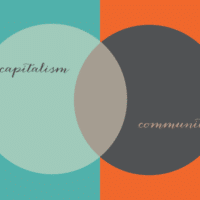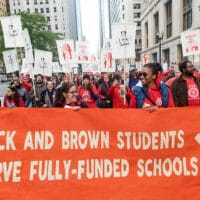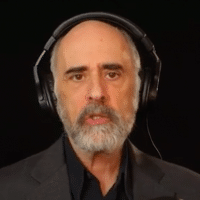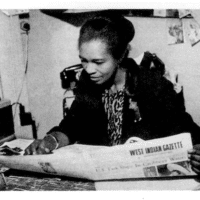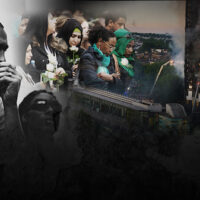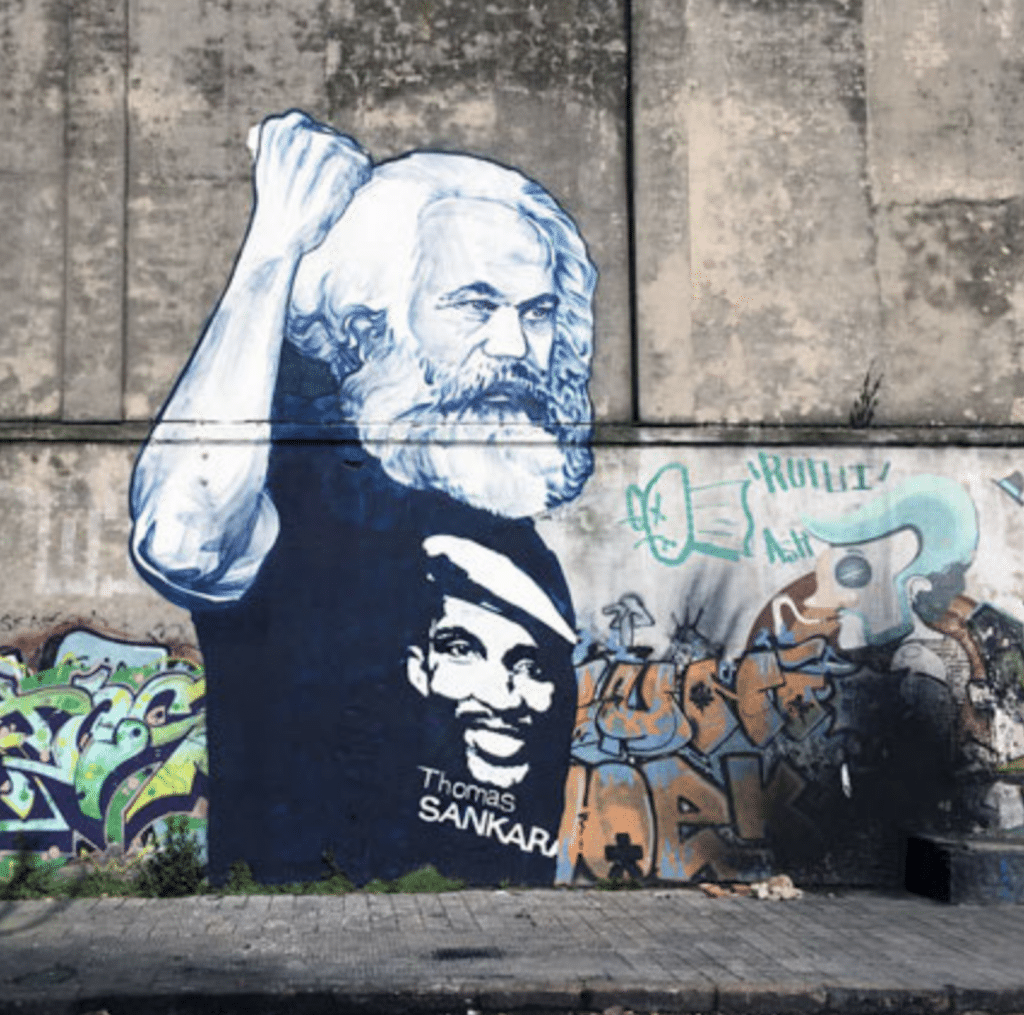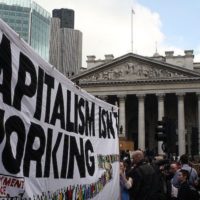-
At the brink of a new world system: imperialism, race and caste
The U.S. has degenerated to such an extent that is probably one of the least democratic countries in the world. It is ruled by an extremely powerful and undemocratic billionaire class, buttressed by an entrenched bureaucracy and intelligence apparatus, and legitimized by an obsequious media which does not even pretend to be neutral.
-
The arts, trade unions, and working-class identity
Anthony D. Padgett reflects on the arts, trade unions, and working-class identity.
-
Berlin Wall and Kaiser Palace: Berlin Bulletin No. 194 August 10, 2021
Until 1989 that terrible Berlin Wall angered many an East German. The small part of Germany it helped preserve for 28 years was always the butt of anger, sarcasm, vituperation and resistance in one form or another.
-
Robbing the soil, 1: Commons and classes before capitalism
“All progress in capitalist agriculture is a progress in the art, not only of robbing the worker, but of robbing the soil.” (Karl Marx)
-
Chávez the Radical XXVII: ‘Beware of a Bolivarian Oligarchy!’
In this episode of “Chávez the Radical,” Chávez stresses that a new oligarchy cannot emerge from revolutionary ranks.
-
International Red Aid 1922–1937: Uniting to defend class war prisoners
The initiative came from Polish Communists seeking to aid compatriots jailed or forced into exile in the Soviet republic.
-
…For Brother Glen
A poem in remembrance of Glen Ford, whose untimely death on July 28, 2021, we deeply mourn.
-
Judgment day over the killing fields in the Philippines
Diverse international groups along with the U.S. State Department have taken notice of Rodrigo Duterte’s record of killings and wanton defiance of universal norms of justice. Duterte’s regime might claim to honor the right to life, liberty, and security of persons guaranteed by the UN Declaration of Human Rights and other Covenants; but its practice consistently defiles those norms. Mass media and internet platforms cannot keep up with the regime’s punitive outrages.
-
The Visionary Marxist
Is fundamental, revolutionary change possible from within a social and economic system so shaken that questions of dual power are not likely to be raised?
-
How not to unite a class: a response to DSA’s Class Unity caucus
Felipe Bascuñán responds to a debate on the Left about the relationship between oppression and class and why getting the answer right is essential to forging a united class struggle.
-
Haitian ruling families create and kill monsters
In March, hundreds of thousands of Haitians took to the streets of Port au Prince to demand an end to corruption and the departure of President Jovenel Moïse, whose term of office had expired.
-
‘That’s lethal, communities completely exposed to this kind of heat’
CounterSpin interview with Vivek Shandas on climate impacts
-
The responsibilities of Caribbean intellectuals
The tradition of Caribbean intelligentsia insists on a grounding with the masses against the elites.
-
For gay migrants, cruising spots aren’t just shadows and shame
Largely abandoned by middle-class gays, urban parks remain an important refuge for gay migrants in an otherwise hostile city.
-
Digital Money Beyond Blockchain with Rohan Grey
In this episode, we’re joined by Rohan Grey (@rohangrey), President of the Modern Money Network, Director of the National Jobs for All Coalition, Research Fellow at the Global Institute for Sustainable Prosperity, and JSD student at Cornell Law school. Our conversation is dedicated to Rohan’s current work on the political, economic, and cultural implications of money’s digital future.
-
Grenfell Anniversary: Activist rapper Lowkey takes aim at Boris Johnson and UK neoliberalism
Four years after the Grenfell Tower fire, rapper and activist Lowkey revisits the tragic fire that tore through the North Kensington tower block on June 14, 2017—killing 72 low-income residents of housing owned by real-estate moguls.
-
From post-Marxism back to Marxism?
The catastrophe of the Great War, along with the Russian Revolution of 1917, led to a “second foundation” of Marxism. This was both political, with the birth of the Third International, and theoretical: as Lenin notably said reading Hegel’s Science of Logic in the summer 1914, since no Marxist had seriously engaged with the Logic before, none had really understood Marx’s Capital.
-
Americans must recognize economic classes
There appears to be a reluctance in the United States to wear the mantle of “working class.” Its connotation appears to be a relic from the economic revolutions of Europe in the late nineteenth century. However, they remain the economic class that built the nation’s now failing economy.
-
Caste, class and India’s Covid catastrophe
COVID-19 patients dying on the streets gasping for oxygen. Hundreds of wailing, desperate folks searching for hospital beds to access treatment. Even the dead denied dignified funerals, their bodies dumped unceremoniously in the rivers of India.
-
Viral video of posh High School sparks heated debate on privilege
After an alumnus of an elite Beijing high school made a video showing off its pristine facilities and supposedly laid-back pace, many online demanded that she and her ilk stop rubbing their privilege in others’ faces.

